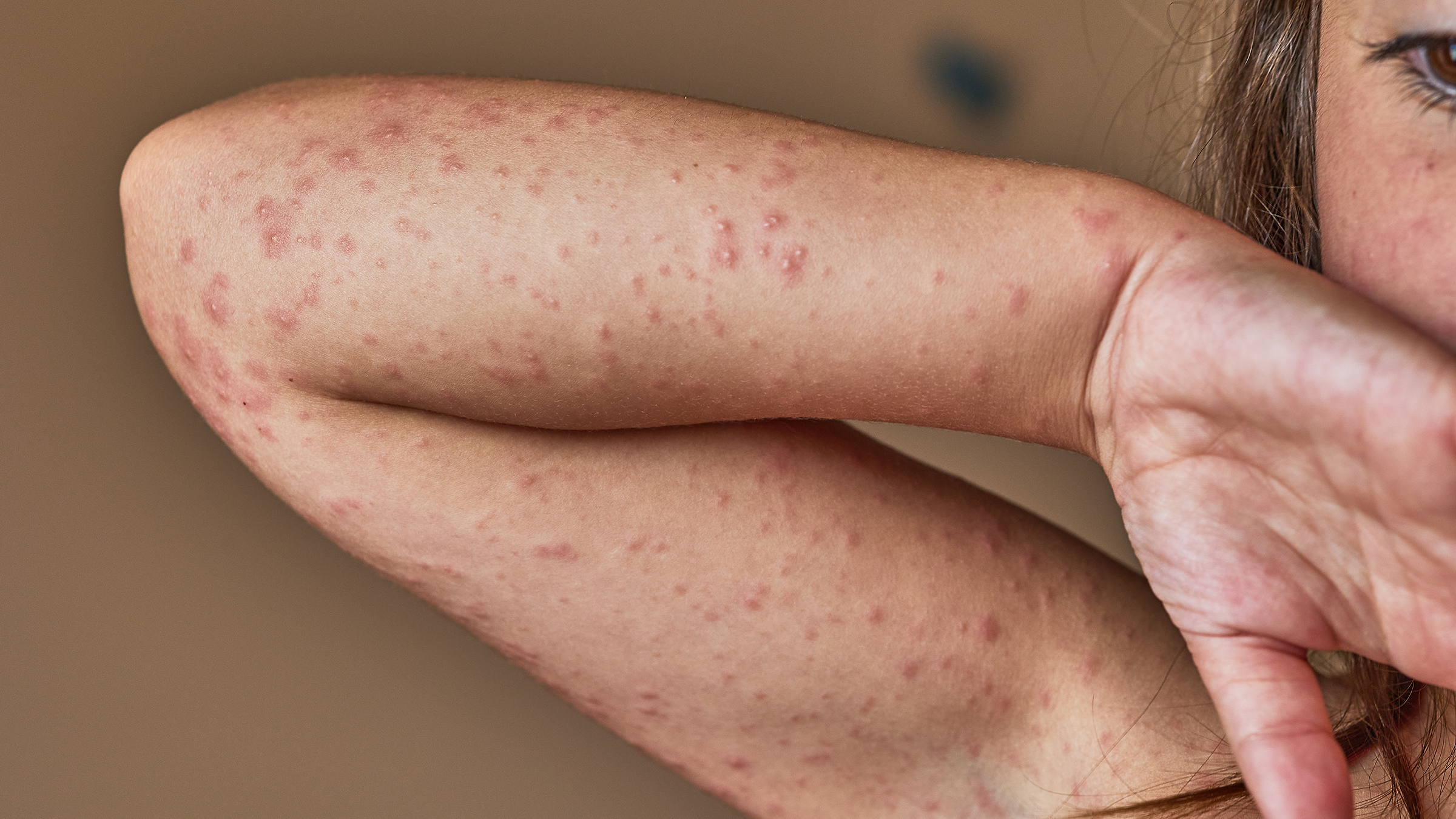
Living an allergy-free life would be so nice. Enjoying everything life offers without fear of putting your life on the line or your body reacting negatively. Allergies are a common chronic condition. You might have mild or extremely severe allergic reactions when exposed to allergens. In that case, you should seek a long-lasting remedy for Houston allergic reaction. Allergic reactions are frustrating and a nuisance. Below are some different ways allergic reactions are treated to help you manage mild and severe symptoms and improve your life and that of your loved ones.
Using Nasal Decongestants
Pills, sprays, and liquids that are nasal decongestants help you reduce sinuses and blocked noses. Nasal decongestants provide only short-term relief for nasal congestion by opening your airways. Decongestants only ease the symptoms of the allergic reaction. However, decongestants can only be used by adults and children above six years. Nasal decongestants are effective and easily available, even in pill form. You must talk to your healthcare provider to know if you can use nasal decongestants.
Avoiding the Allergens
Prevention is better than cure. In this case, avoiding whatever is causing your allergic reaction is the best way to treat allergic reactions. Continuously exposing yourself to the allergen may worsen the allergic reactions and be life-threatening. Knowing what triggers your allergic reaction greatly helps treat your allergic reactions. Allergens, like food allergens, can be avoided as it is easy to regulate and monitor what you eat, unlike some allergens like pollen.
Using Antihistamines
Antihistamines are an effective way of treating allergic reactions in cases where allergens cannot be avoided. Antihistamines treat minor allergic reactions by reducing your body’s production of histamine, reducing all allergic reaction symptoms. Antihistamines come in many forms, like, dissolvable tablets, oral pills, liquids, eye drops, and nasal sprays, making it easier to use them anywhere if necessary. You can take antihistamines to prevent allergies. These drugs are easily available.
Using Creams
Moisturizing creams with soothing ingredients like calamine help treat and ease skin reactions. Corticosteroid creams contain steroids that help reduce itching and inflammation of your skin. Your doctor can prescribe creams that help treat allergic reactions on your skin. You could also buy them in pharmacies and online shops. You must read the ingredients used in manufacturing the creams to ensure that you are not allergic to any products used.
Performing CPR
Some allergic reactions are so severe that they lead to anaphylactic shock. Anaphylaxis is an allergic reaction that can cause body rashes, wheezing, collapsing, and in some cases, death. If the person you are with or your loved one is not breathing, moving, or coughing due to an allergic reaction, you may have to perform CPR. Cardiopulmonary Resuscitation is what is often referred to as CPR. It is a lifesaving technique that helps resuscitate someone who is not breathing.
Millions of people suffer from allergies; some have mild allergic reactions, while others have severe ones. Severe allergic reactions can lead to death if not attended to immediately. There are many ways of treating allergic reactions, and in extreme cases, first aid like CPR may be best. Mild allergic reactions can be treated at home or using over-the-counter medicines. Treatments for allergic reactions only help reduce an allergic reaction’s symptoms. You must see your doctor for advice if you or your loved ones have severe allergic reactions. Treatment for allergic reactions improves the quality of your life.
